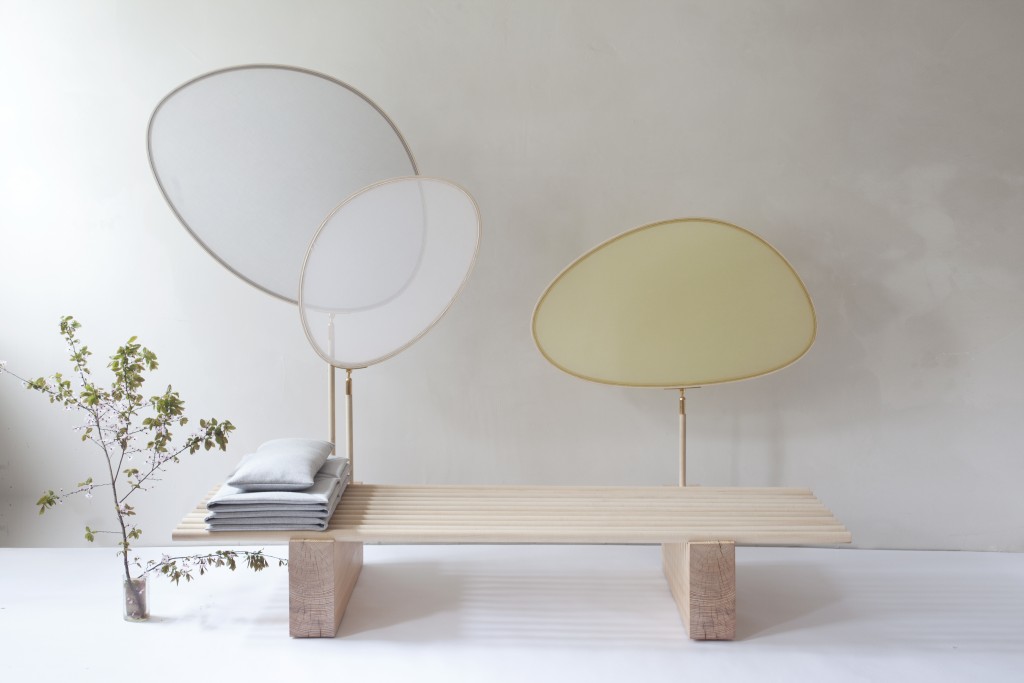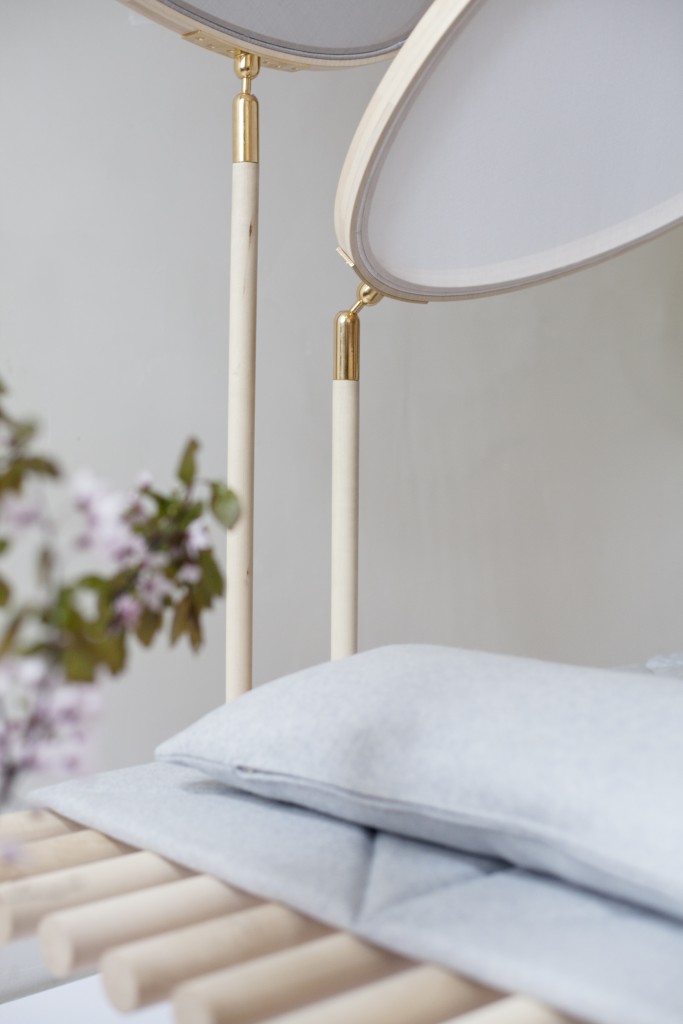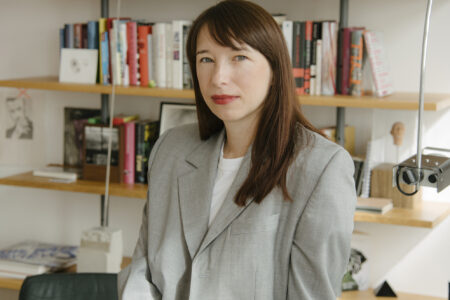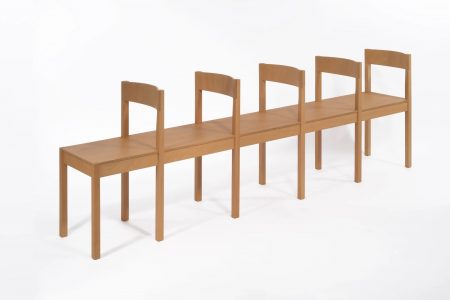
Chmara Rosinke
Investigating interactive modes of design through form-oriented psychology, the duo Vienna-based Chmara Rosinke – Maciej Chmara and Ania Rosinke – develop cutting-edge concepts that change the way we consume or share meals. “Having traveling a lot, we believe that it’s important to minimize,”...
Investigating interactive modes of design through form-oriented psychology, the duo Vienna-based Chmara Rosinke – Maciej Chmara and Ania Rosinke – develop cutting-edge concepts that change the way we consume or share meals. “Having traveling a lot, we believe that it’s important to minimize,” Rosinke confesses. After studying in Gdańsk, both designers went on Erasmus exchange in Linz, Austria – where they were immersed in a space and design strategies programme. Setting up their practice in Vienna came as they collaborated on an exhibition highlighting 20th-century Polish architecture. Discovering their shared perspective, they began working together. “Objects influence society and in a small sense, urban environments down to interior,” Chmara explains. “We’re interested in what they can influence. Our formal language is not trendy but rather something timeless or that comes naturally out of material.” Having developed 2,5 x 3 – a minimal living cube – and Mobile Hospitality – a participatory cum transportable kitchen and dining unit – to wide acclaim, the duo’s latest projects were created for the 2014 Émile Hermès prize. A Space to Think, a timber daybed, explores the effect of seclusion and comfort.

Timber Daybed designed for the 2014 Émile Hermès prize

Timber Daybed designed for the 2014 Émile Hermès prize
‹ Back






